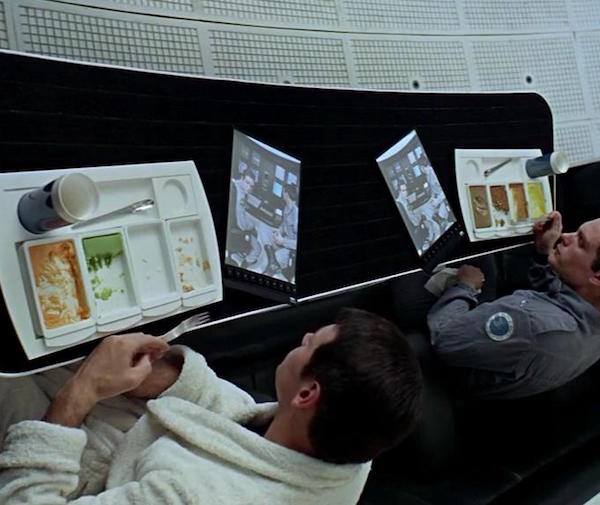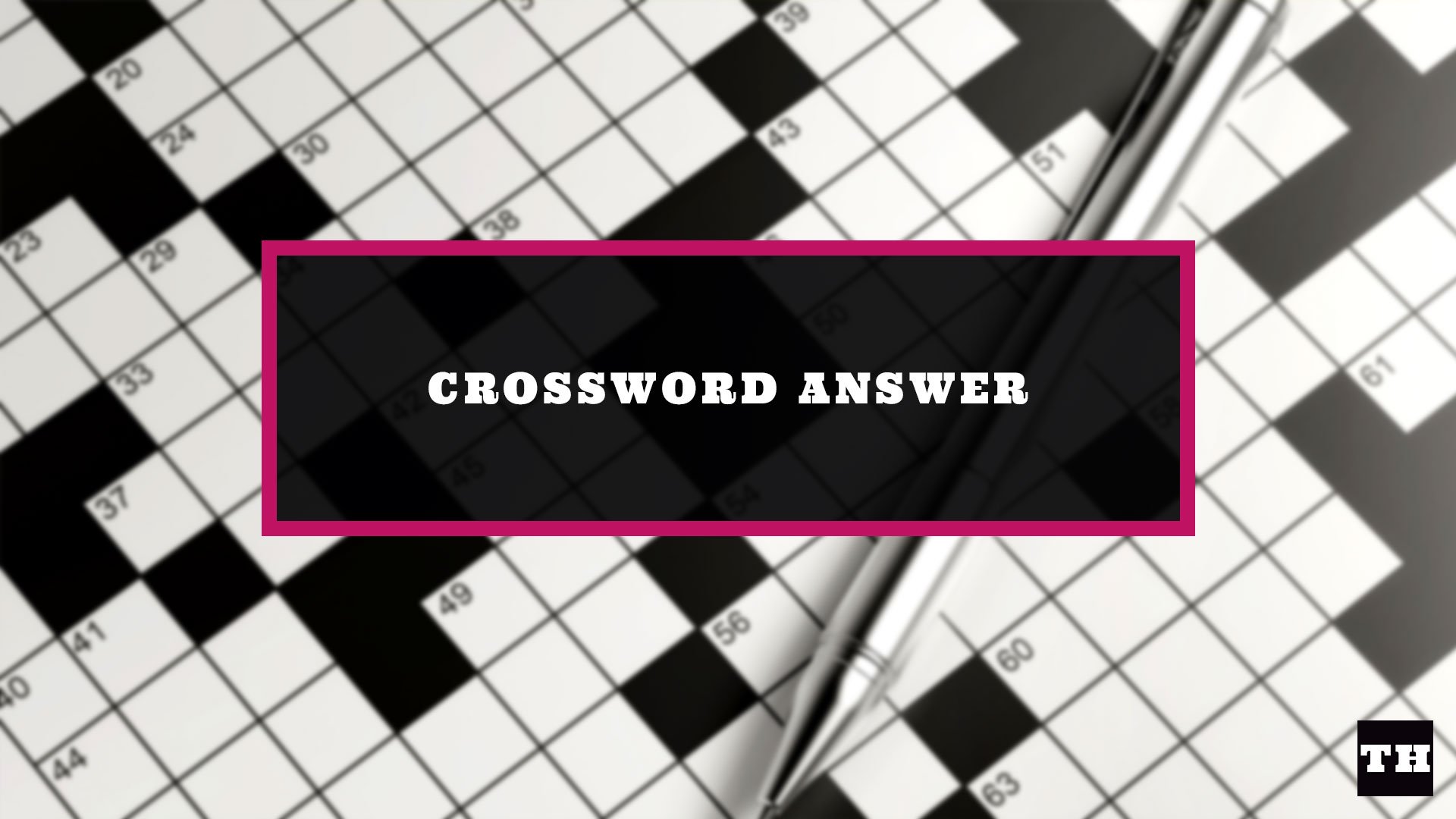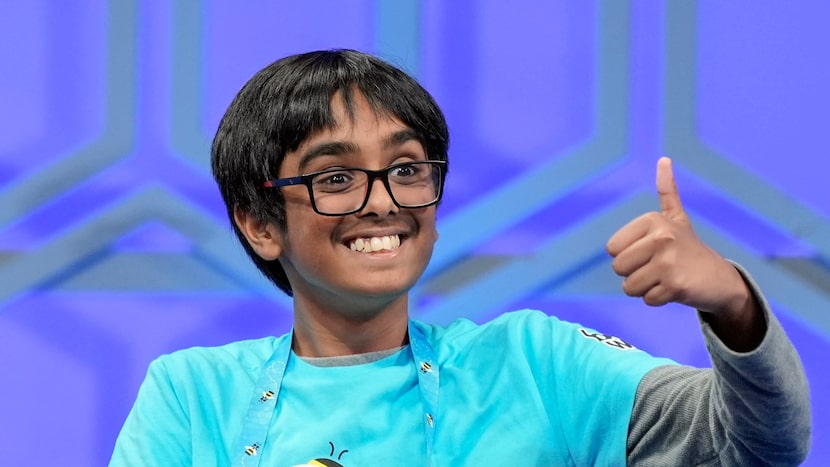Black Mirror's Eerie Accuracy: 5 Times It Predicted Our Future

Table of Contents
The "Nosedive" Episode and the Rise of Social Credit Systems
The "Nosedive" episode offers a chilling portrayal of a society obsessed with social ratings. This episode’s commentary on social credit systems is arguably one of the most prescient examples of Black Mirror's eerie accuracy.
-
The episode's depiction of a society obsessed with social ratings: In "Nosedive," individuals are constantly judged and rated by others, impacting their access to opportunities, services, and even basic amenities. Their social standing is literally quantified by a numerical score.
-
Real-world parallels: China's Social Credit System, while different in specifics, echoes the principles of "Nosedive." This system uses data from various sources to assign citizens a score impacting their access to loans, travel, and even employment. Similar, though less formalized, systems exist in other parts of the world, where online reviews and social media activity heavily influence reputation and opportunities.
-
Ethical concerns: The parallels between the fictional "Nosedive" system and these real-world initiatives raise significant ethical concerns about privacy, manipulation, and potential for discrimination. The potential for abuse and the suppression of dissent are clear dangers.
"Fifteen Million Merits" and the Gig Economy's Exploitation
"Fifteen Million Merits" paints a bleak picture of the gig economy, prefiguring many of the challenges we face today. The episode's prediction of the gig economy's harsh realities highlights Black Mirror's uncanny ability to foresee technological and social consequences.
-
The dehumanizing aspects: The episode depicts a dystopian society where individuals are trapped in a cycle of meaningless work, constantly pedaling stationary bikes to earn meager "merits" to survive.
-
Comparison to the modern gig economy: This resonates with the current reality of the gig economy, where many workers face low wages, lack of benefits, job insecurity, and a lack of worker protections. The constant pressure to perform and the precarious nature of the work are strikingly similar.
-
Exploitation of workers: "Fifteen Million Merits" highlights the inherent exploitation within systems where workers are easily replaceable and have minimal leverage to negotiate better conditions. This is a pertinent criticism of current gig economy practices.
"White Bear" and the Dangers of Public Shaming and Online Mob Justice
"White Bear" offers a terrifying look into the consequences of public shaming and online mob justice, another example of Black Mirror's eerie accuracy in social commentary.
-
The episode's plot: The episode centers around a woman subjected to daily public humiliation and violence as a form of punishment for past crimes, with the audience actively participating in her torment.
-
Rise of online shaming: The episode foreshadowed the rise of "cancel culture" and the intensity of online shaming and public humiliation seen in recent years. Social media has amplified the impact of public condemnation, sometimes leading to significant real-world consequences.
-
Psychological impact: The episode demonstrates the devastating psychological impact of public shaming and online harassment, highlighting the vulnerability of individuals facing collective online attacks. The line between justice and brutal mob mentality is blurred in both the episode and contemporary life.
-
Legal and ethical implications: The episode raises important legal and ethical questions about the appropriate balance between accountability and the potential for abuse in public shaming and online mob justice.
"Hang the DJ" and the Algorithmic Matching of Relationships
"Hang the DJ" explores the potential pitfalls of algorithmic matching in relationships, a trend Black Mirror predicted with unsettling accuracy.
-
The dating system: The episode depicts a system where algorithms determine romantic compatibility, controlling the duration and outcome of relationships.
-
Comparison to modern dating apps: This mirrors the current reliance on algorithms in modern dating apps, which use data to suggest potential matches based on user preferences and behavior.
-
Limitations and biases: The episode highlights the limitations and potential biases of algorithms in making such crucial decisions, particularly the risk of limiting choices based on imperfect data and pre-programmed notions of compatibility. It calls into question whether algorithms are truly capable of understanding the complexities of human relationships.
-
Ethical concerns: The ethical concerns raised by the episode are significant, questioning whether it is appropriate to use algorithms to control or influence such personal and intimate aspects of human life.
"Playtest" and the Blurry Lines Between Virtual and Physical Reality
"Playtest" offers a chillingly prescient vision of advanced VR technology and its potential consequences, another testament to Black Mirror's uncanny accuracy.
-
Immersive VR experience: The episode portrays an extremely immersive VR gaming experience that blurs the line between virtual reality and the player's real-world perception.
-
Rapid advancements in VR/AR: The advancements in VR and AR technologies are rapidly approaching the capabilities depicted in "Playtest," raising questions about the ethical implications and potential for misuse.
-
Blurring lines of reality: The episode explores the dangers of losing touch with reality when the virtual world becomes indistinguishable from the real one, a concern increasingly relevant as VR/AR technology progresses.
-
Potential for misuse: The potential for abuse and manipulation within such immersive environments highlights the ethical considerations surrounding advanced VR technologies and their potential impact on mental health and the perception of reality.
Conclusion
In these five examples alone, Black Mirror demonstrates a remarkable ability to anticipate future technological and societal developments. The show serves as a cautionary tale, forcing us to confront the potential consequences of unchecked technological advancement and the ethical dilemmas it creates. Black Mirror's predictions, from social credit systems to the exploitation of the gig economy, challenge us to consider the potential ramifications of our choices. Watch Black Mirror, explore the eerie accuracy of its predictions, and share your thoughts on which predictions you find most striking. Let's discuss the unsettling accuracy of Black Mirror and the future it foreshadows.

Featured Posts
-
 Former Mlb Player Brandon Inge Returns To The Dugout In Kalamazoo
May 31, 2025
Former Mlb Player Brandon Inge Returns To The Dugout In Kalamazoo
May 31, 2025 -
 Nyt Mini Today Complete Solutions For March 31 2025 Puzzle
May 31, 2025
Nyt Mini Today Complete Solutions For March 31 2025 Puzzle
May 31, 2025 -
 Scripps National Spelling Bee 2024 Faizan Zakis Winning Performance
May 31, 2025
Scripps National Spelling Bee 2024 Faizan Zakis Winning Performance
May 31, 2025 -
 Canelo Vs Golovkin Live Stream Results Play By Play And Updates
May 31, 2025
Canelo Vs Golovkin Live Stream Results Play By Play And Updates
May 31, 2025 -
 Zverev Loses To Griekspoor At Indian Wells Masters
May 31, 2025
Zverev Loses To Griekspoor At Indian Wells Masters
May 31, 2025
